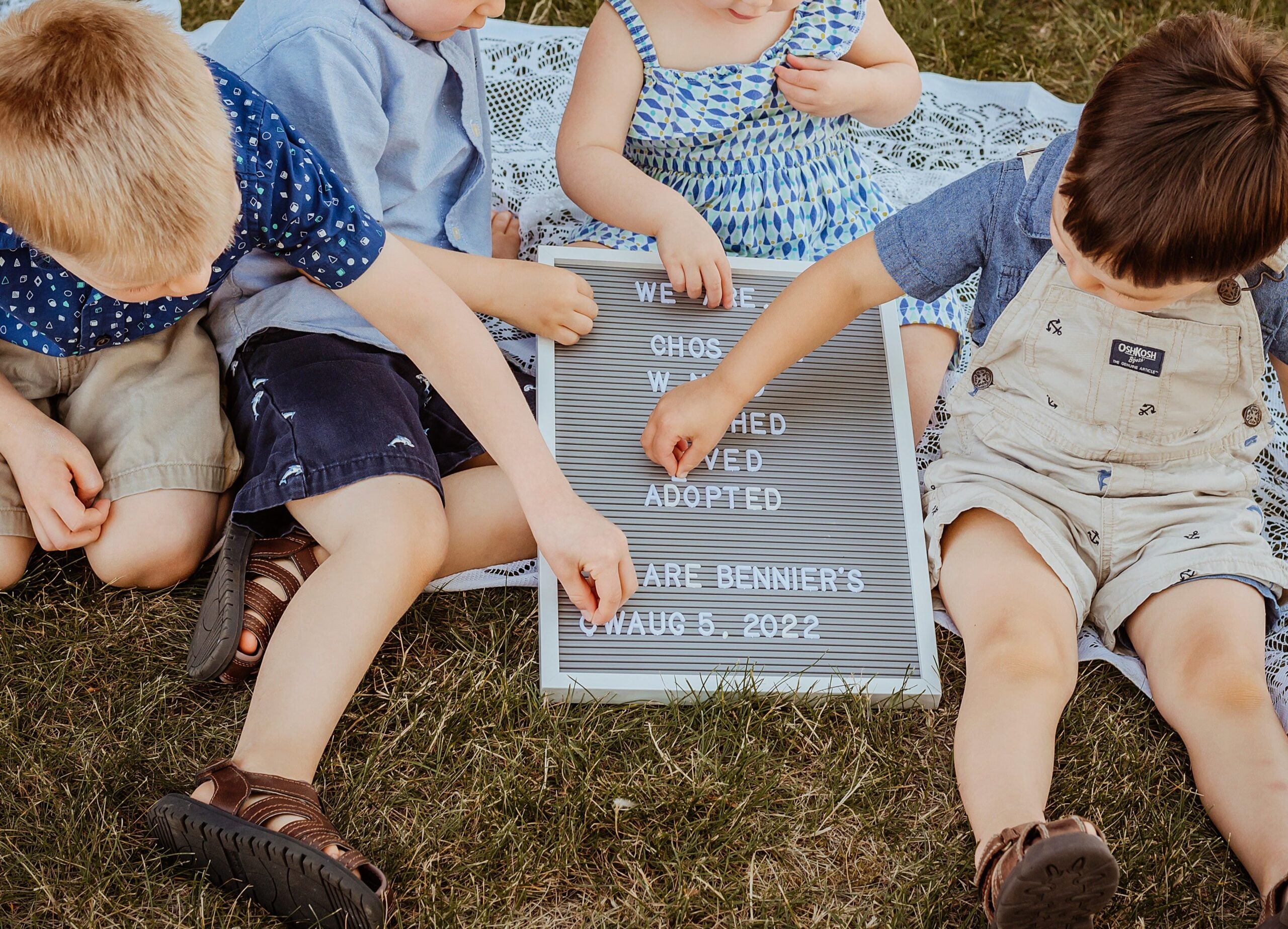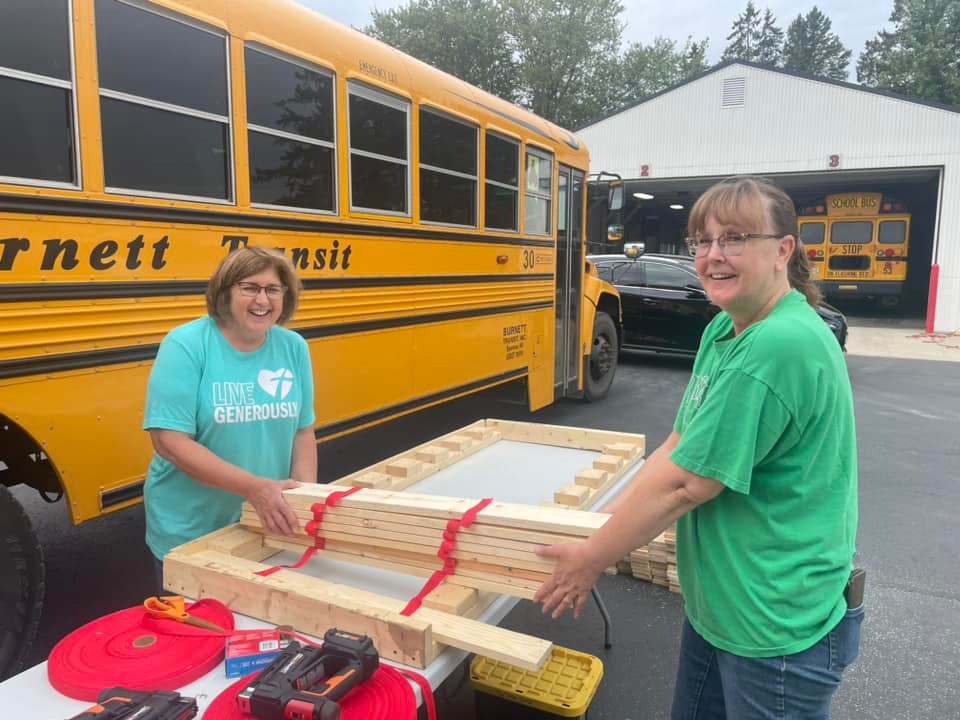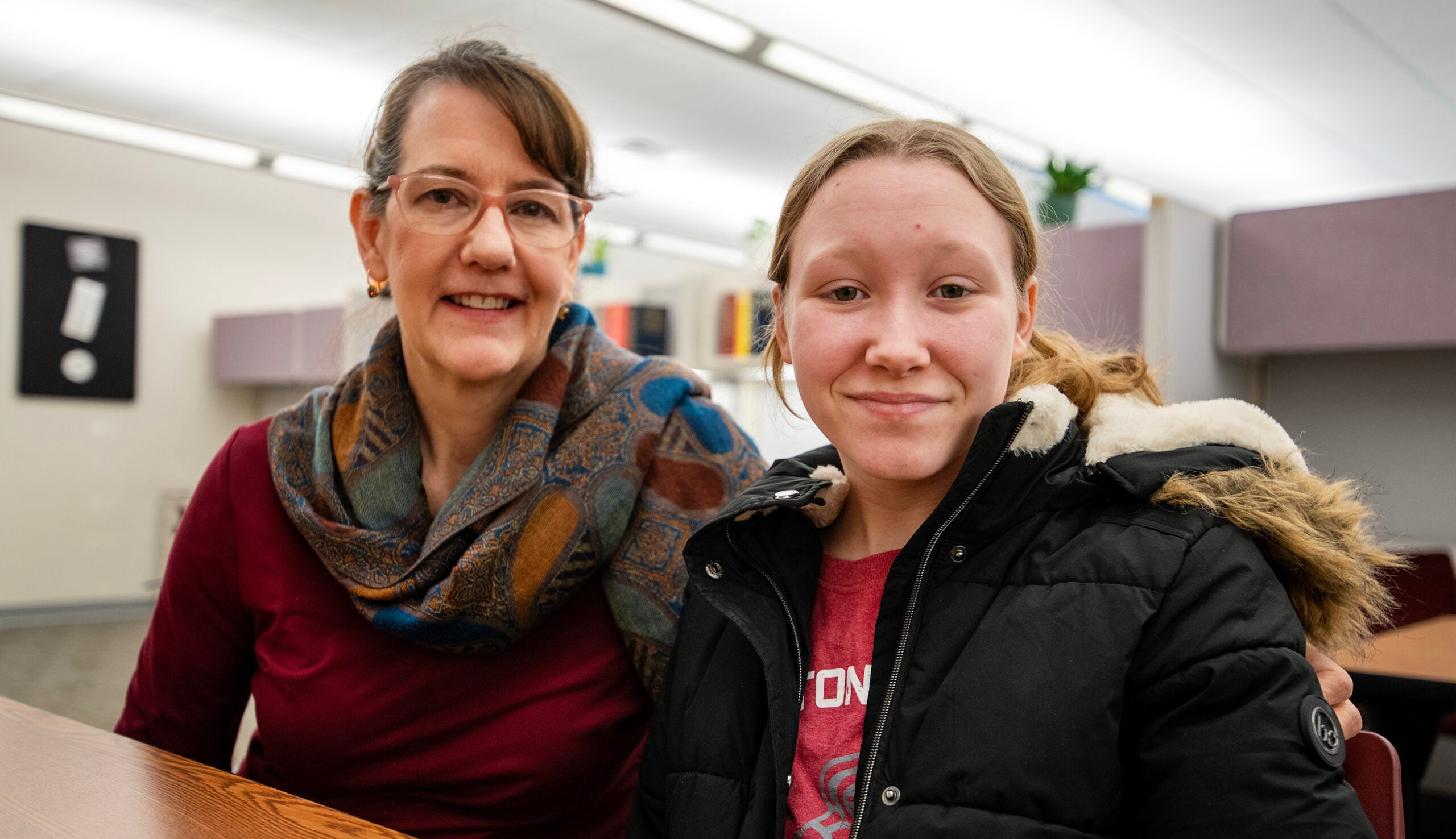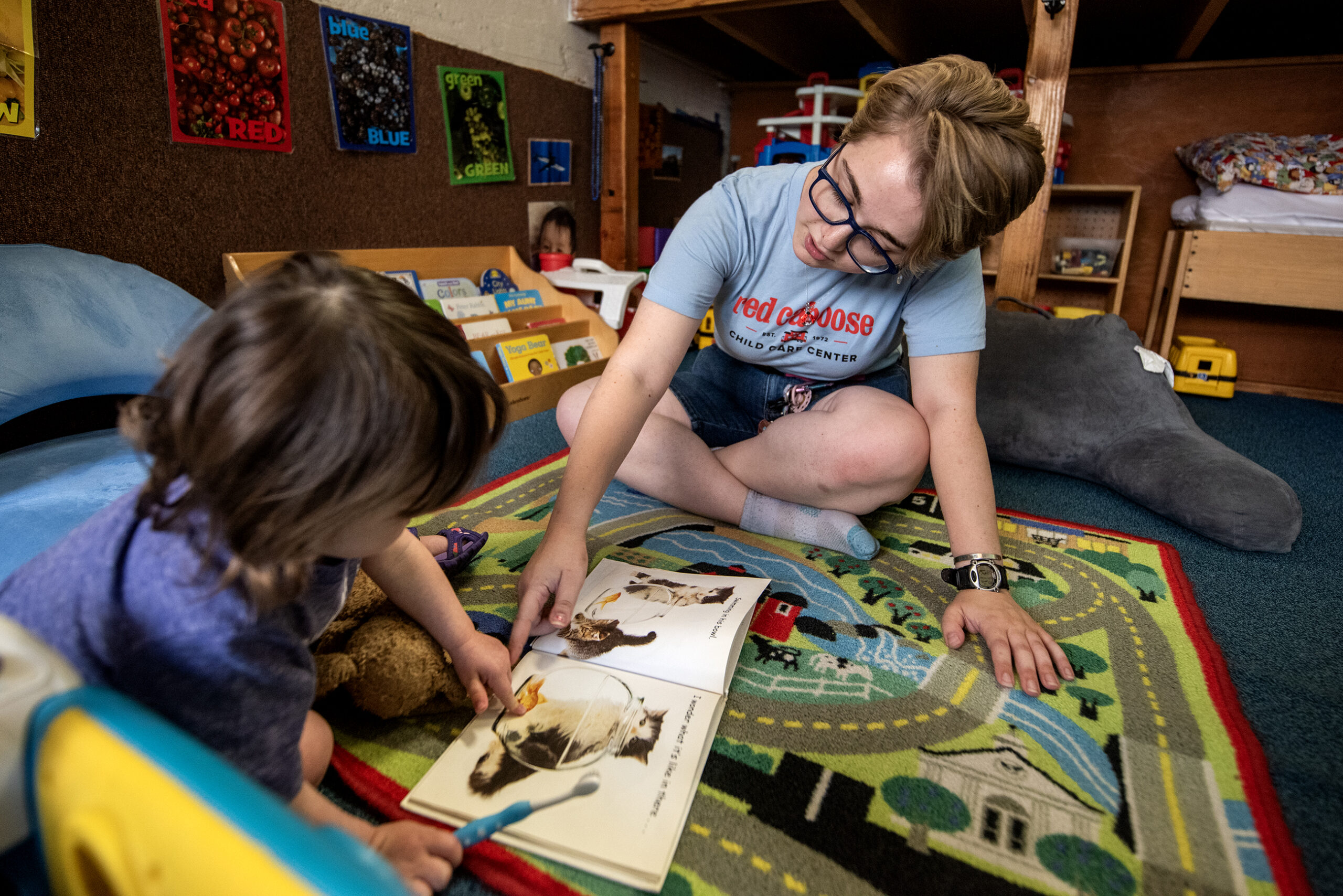For Kara and Joseph Bennier of Milwaukee, adoption was always part of their life plan. They just didn’t expect to adopt four siblings under 4 years old — all at once.
“We were originally going to work out the kinks of parenting on our biological kids before we took on adopted kids,” Joseph said on WPR’s “Wisconsin Today.” “But that’s not the way it shook out. And it’s pretty awesome.”
“Wisconsin Today” spoke at length with the Benniers to get an in-depth look at their journey to bring the four siblings into their home and how they wrestled with the question: What would future involvement with their biological mother look like?
Stay informed on the latest news
Sign up for WPR’s email newsletter.
After becoming licensed foster parents, the Benniers were assigned three brothers under the age of 3 as their first placement. After the children’s biological sister was born, Kara petitioned to bring the baby into their care as well so she could be cared for alongside her siblings.
“When we first took placement, I went to the initial case transfer meeting,” Joseph said. “I actually ended up sitting next to the biological parents of the kids.”
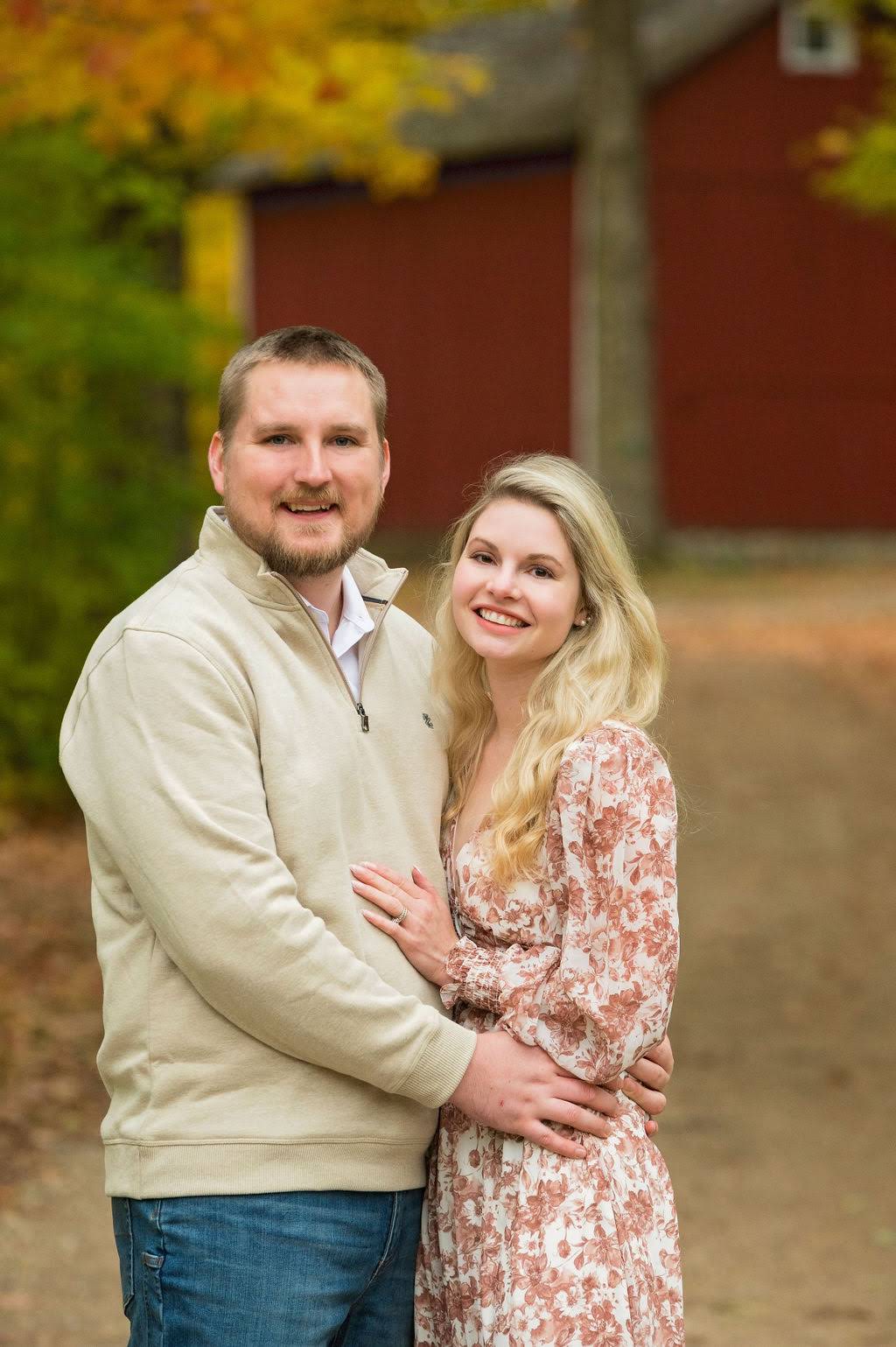
Both sets of parents exchanged introductory letters for the other pair to read. Kara said that the letter from the biological mother explained how much love she had for her kids and how badly she wanted the siblings to stay together.
“She wanted to support us so we could keep her kids together because she knew exactly how challenging her kids were,” Kara said. “There was no delusion that this was going to be easy.”
From then on, the Benniers said, the support from the kids’ biological mother never wavered.
“You can see how much this woman loves her children,” Kara said. “We’re going to have to love her too — as part of loving her children.”
The transition into the Benniers’ home was difficult for the siblings, they said.
“Things were very chaotic,” Kara said. “I don’t remember a lot. It was just a lot of diapers and a lot needs and a lot of emotions.”
Joseph said he mostly remembers sleeping in the hallway between the kids’ bedrooms at night to be sure they didn’t try to leave.
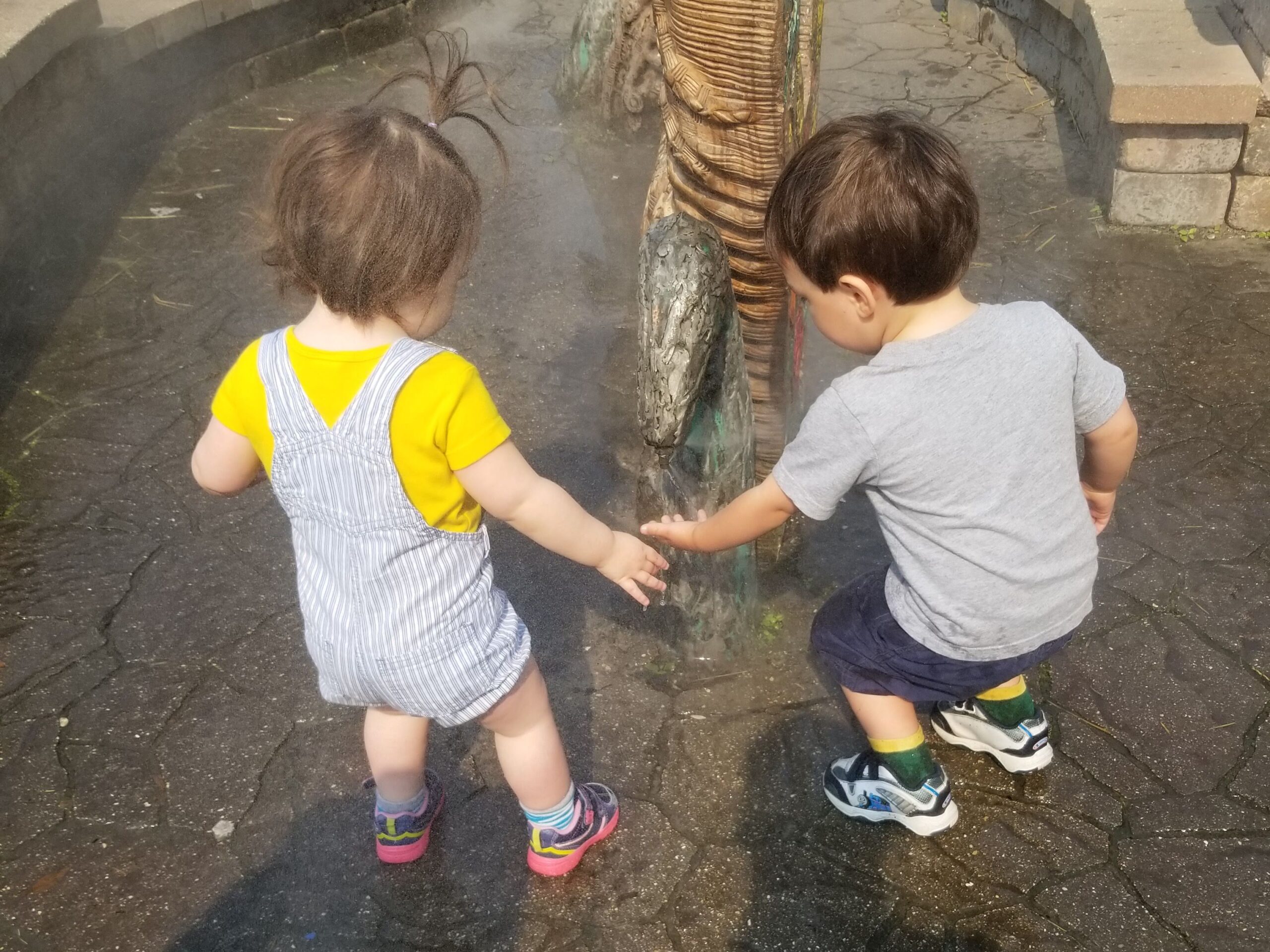
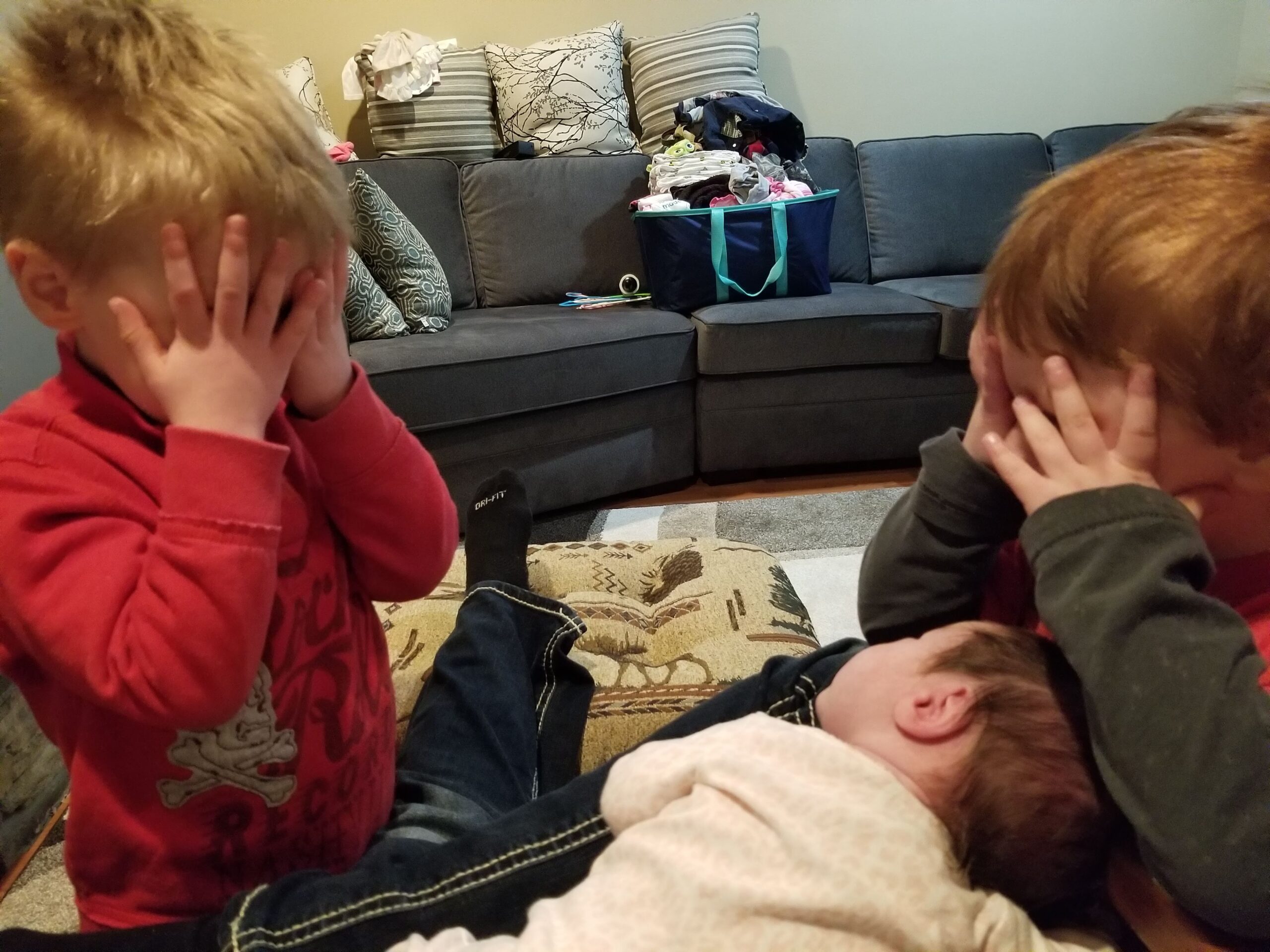
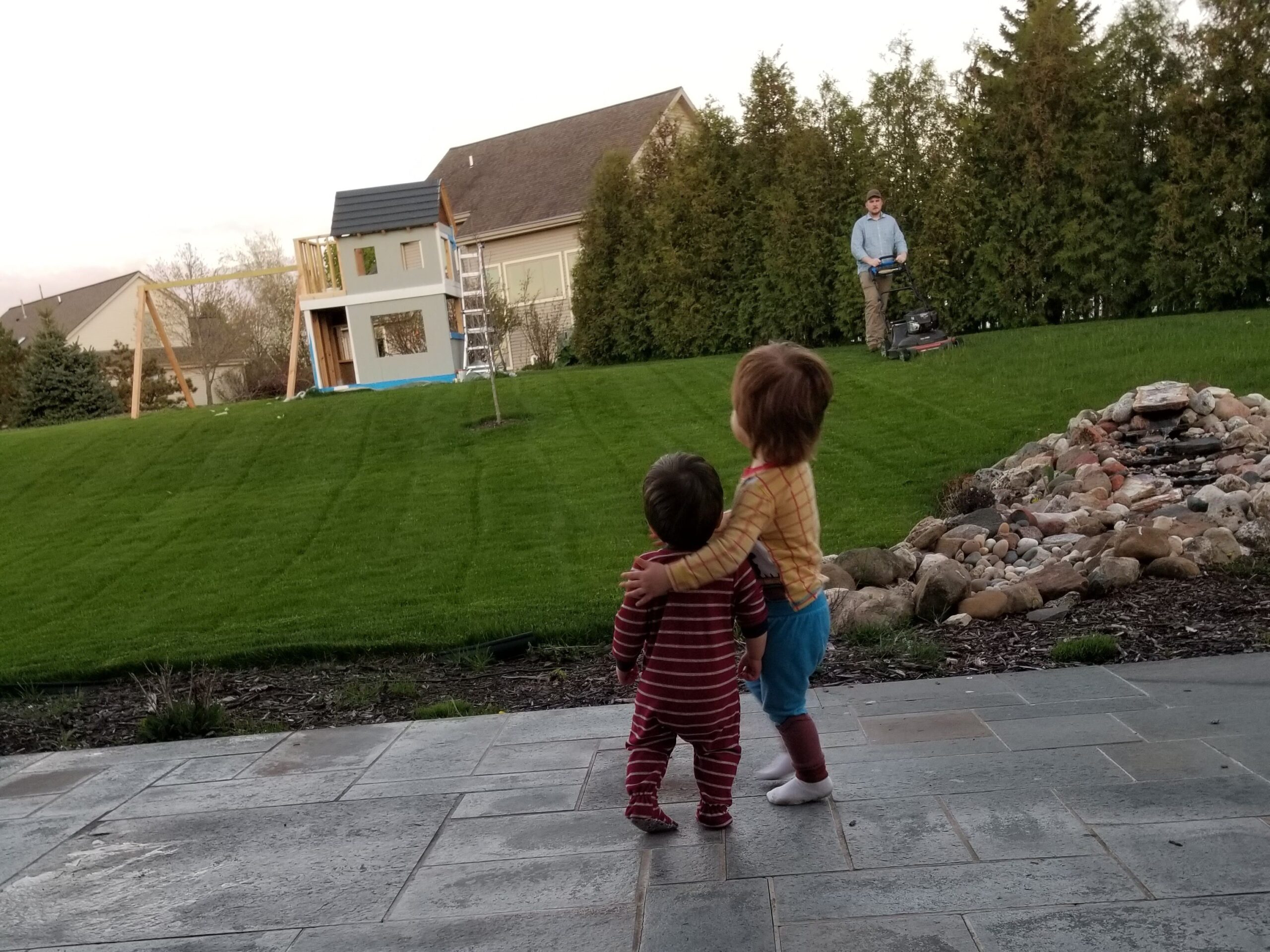
Jeff Pertl, secretary-designee for the state Department of Children and Families, told “Wisconsin Today” that the transition to out-of-home care is always tumultuous for children.
“It is traumatic,” Pertl said. “On top of all of the things that led to that moment, the removal itself is also a traumatic moment. Being able to be placed with a known, caring adult is a really important part of supporting that child in that experience.”
The idea that kids should be placed with a “known, caring adult” and not necessarily someone genetically related to them is often referred to as “like-kin placement.”
Listen: The full interview with Jeff Pertl, secretary-designee for the state Department of Children and Families, on “Wisconsin Today.”
A Wisconsin law that took effect this year recognizes “like-kin” adults as eligible caregivers when placing children in out-of-home care and expands the criteria for recipients of a kinship care government subsidy.
“As a parent of two boys who are adopted, I feel deeply that my relationship with [my children] is deep and profound,” Pertl said. “It’s not biological, and it’s just as valid as anybody else’s. And so this idea of ‘like-kin,’ for me is just a very powerful way of supporting kids. I think it’s been a very well received and popular thing across the state.”
According to Pertl, the ultimate goal of fostering kids is typically to reunify them with their biological family. If reunification is not possible, however, children are moved into a different permanent home.
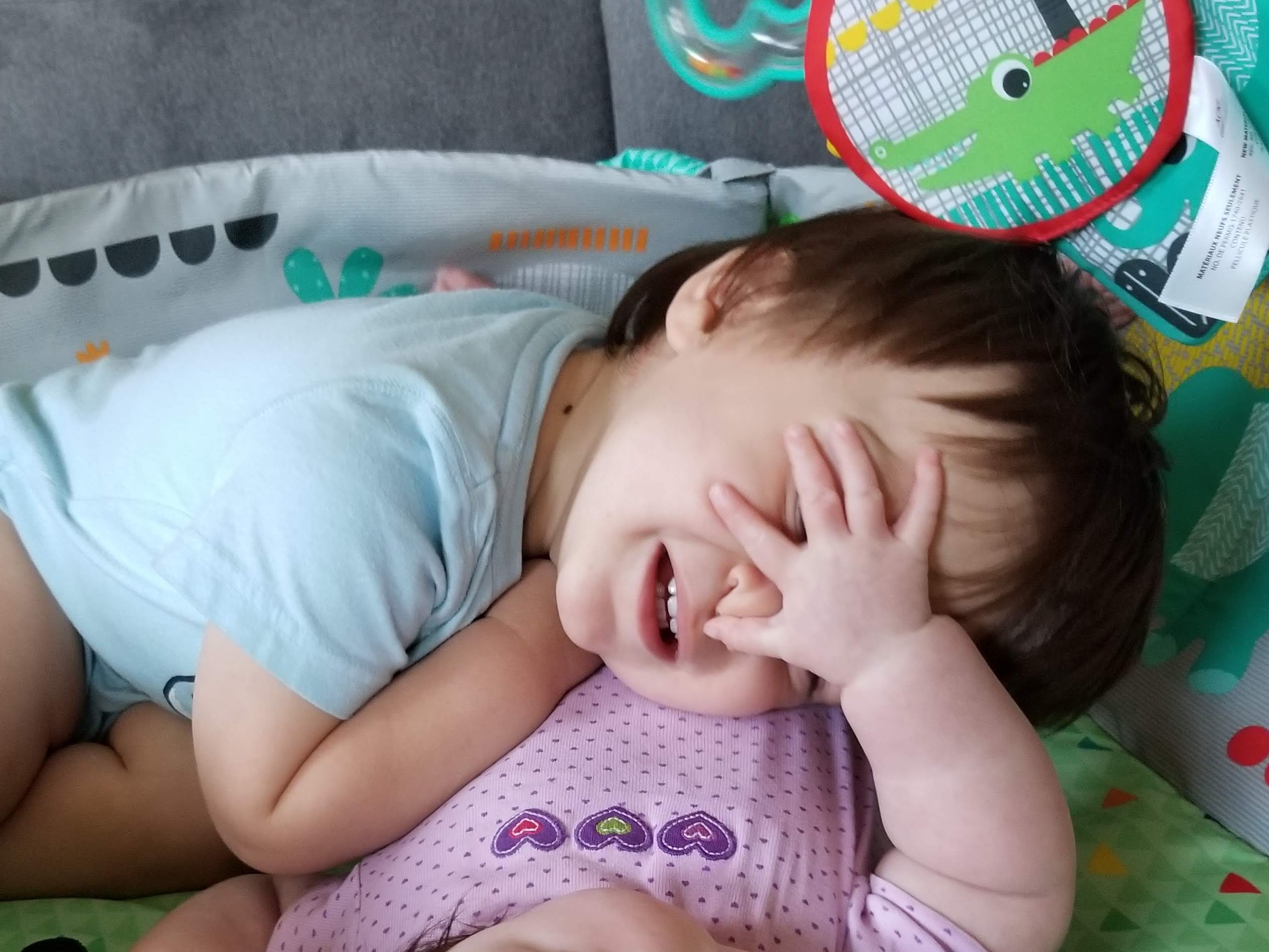
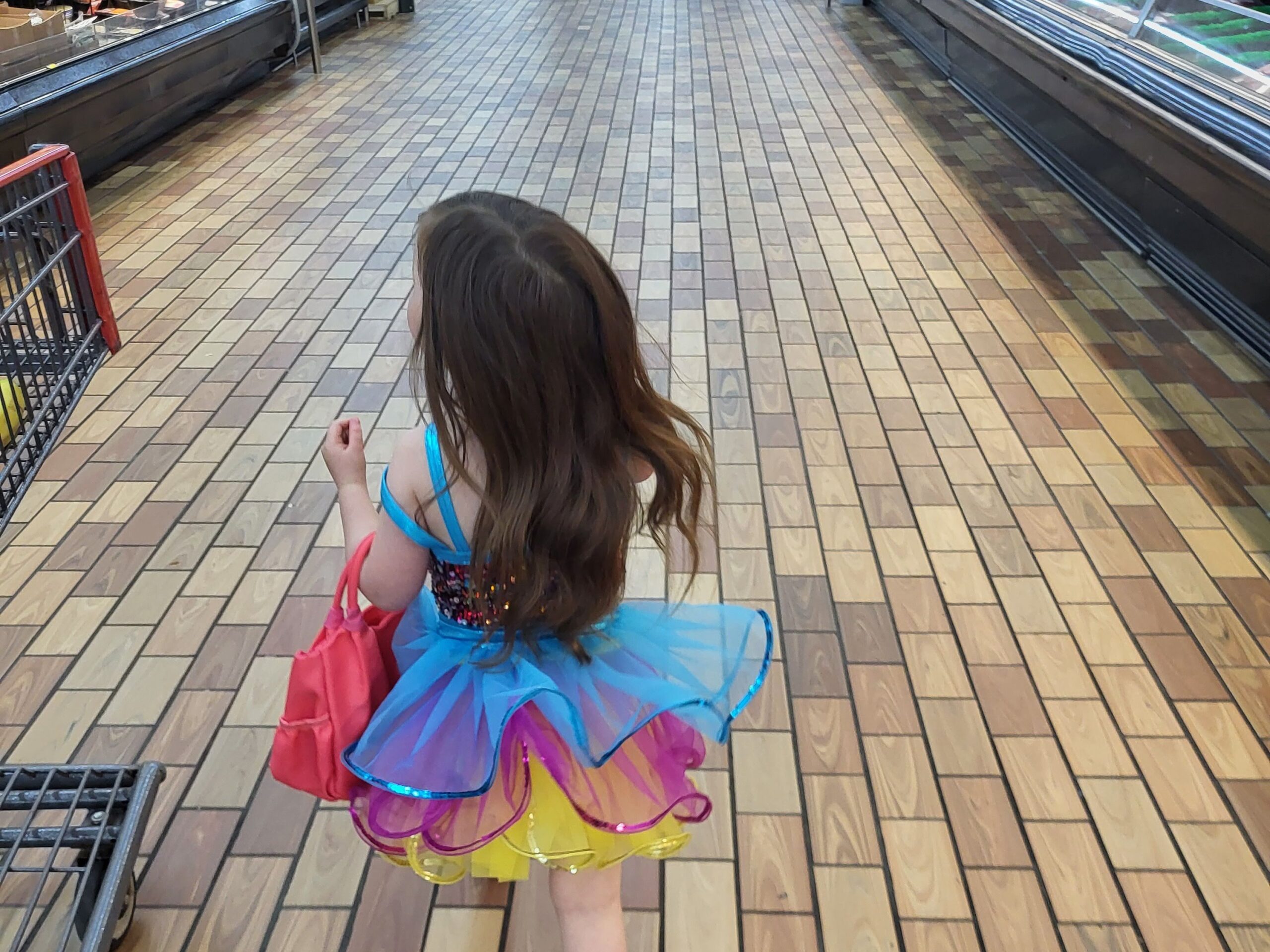
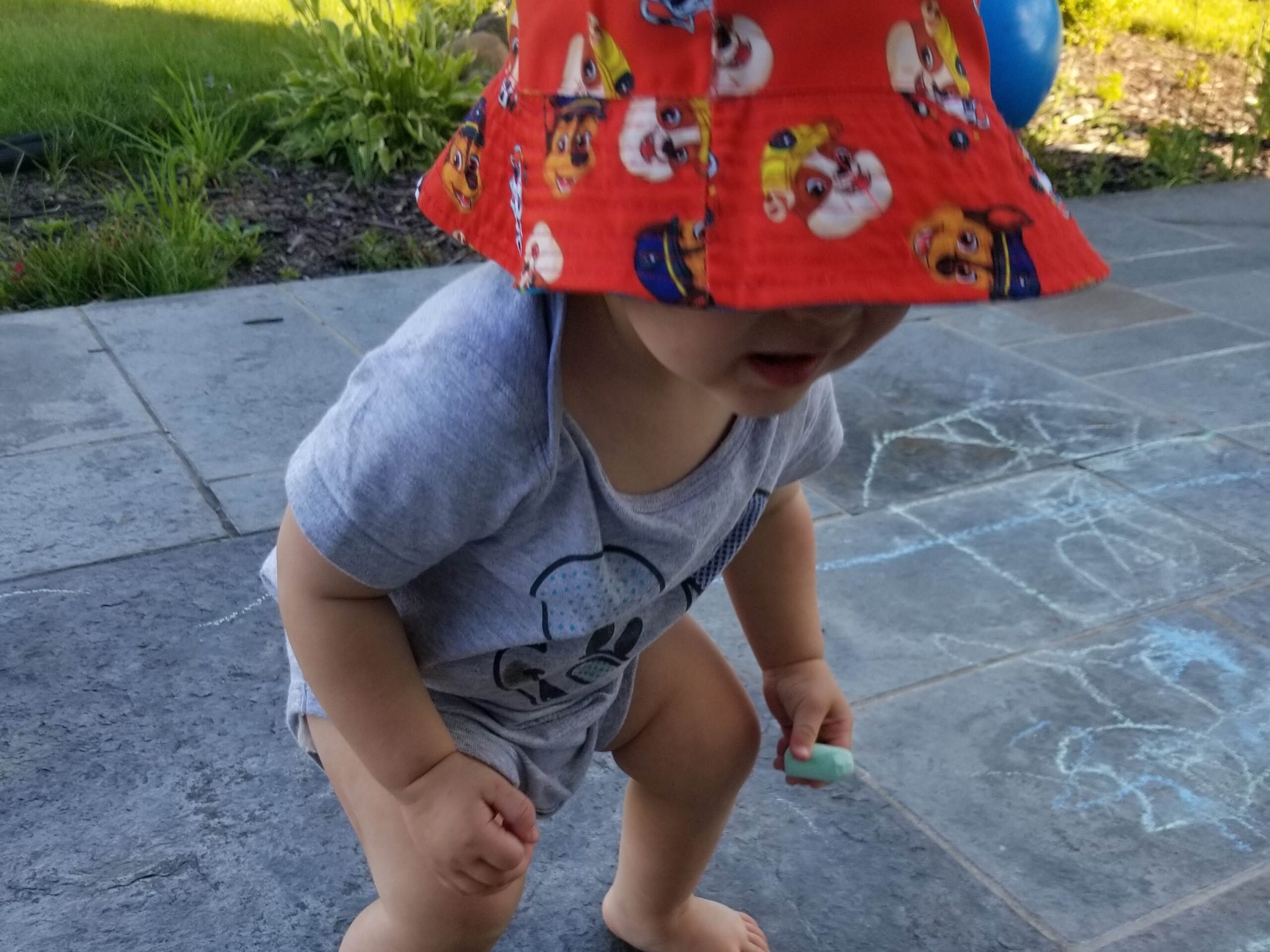
Kara said she had to keep the children at “elbow’s length” since they were expecting to have to give them back to their biological mother.
“We viewed them as her kids for the longest time, but we love them with our whole hearts,” she said.
During their time fostering the siblings, the Benniers discovered the medical and emotional needs of the children were more than anyone — including their biological mother — had anticipated. That happened right around the time their mother started trying to get the children back out of foster care.
“She was ready to be a phenomenal parent,” Joseph said. “She checked every single box. I am so incredibly proud of what she has done and how she has put herself back on her feet. It’s absolutely incredible.”
Listen: The Benniers discuss advice for prospective foster parents on “Wisconsin Today.”
Kara said if it were left up to a judge, the decision could easily go “either way.”
As part of the process, Kara had to testify in court about the kids’ medical needs, some of which they were all still learning about. Kara said she was able to understand these needs really well because two of the children had a rare disease that was very similar to what she had studied in college.
Kara added that even after staying home with the four kids full time over the past few years, and with Joseph working to provide for the family, it was still a lot to handle.
“Doing all of that yourself would be close to impossible,” she said. “Ultimately, the medical challenges were more than she could handle in the long term.”
The children’s biological mother decided to voluntarily relinquish her rights as a parent to the Benniers. But she still wanted to be in the kids’ lives.
“There’s no law in Wisconsin that does force that,” Kara said. “If we hadn’t built this trust with her over the past years, there’s probably no way she would have given up her rights voluntarily.”
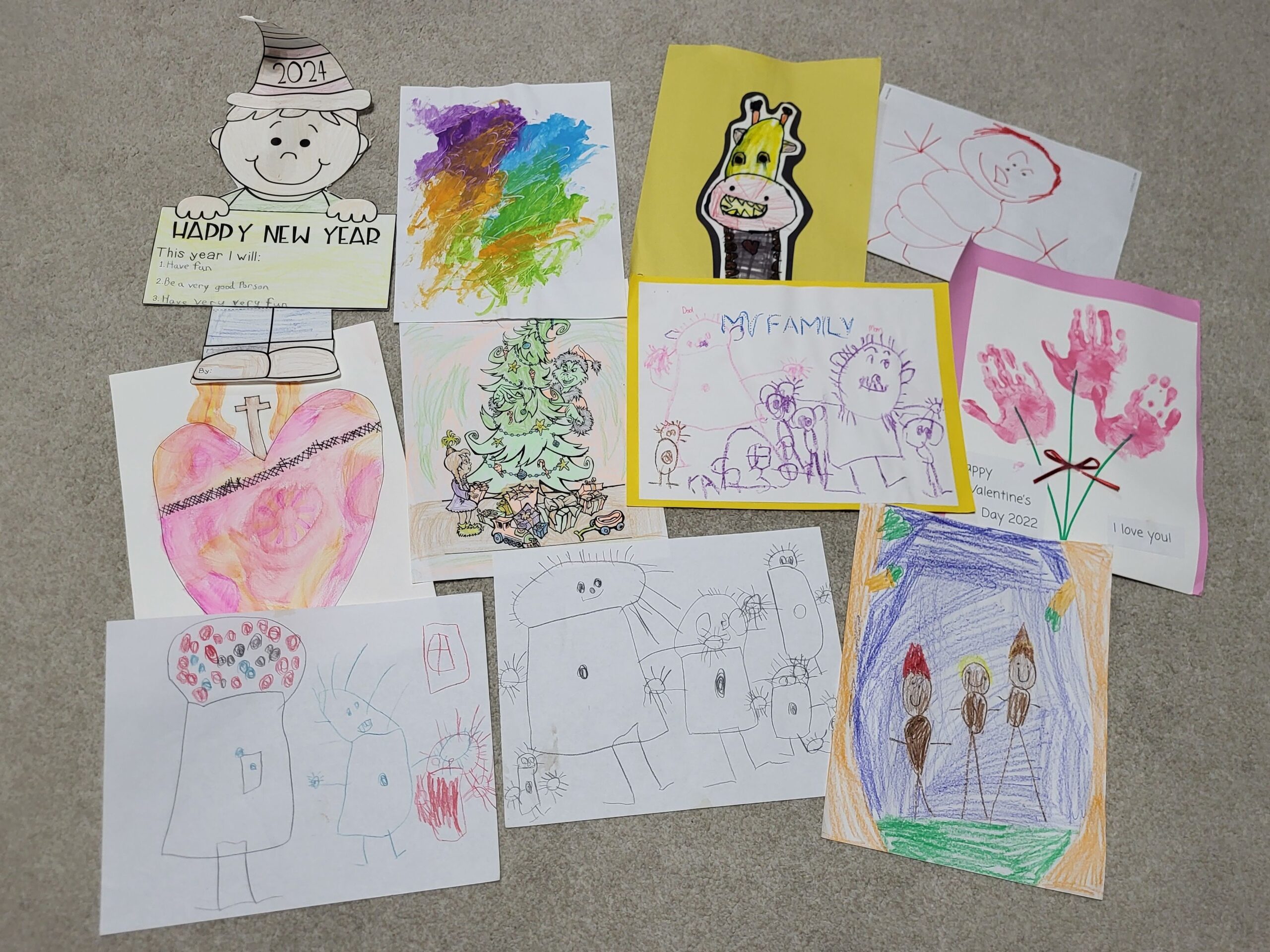
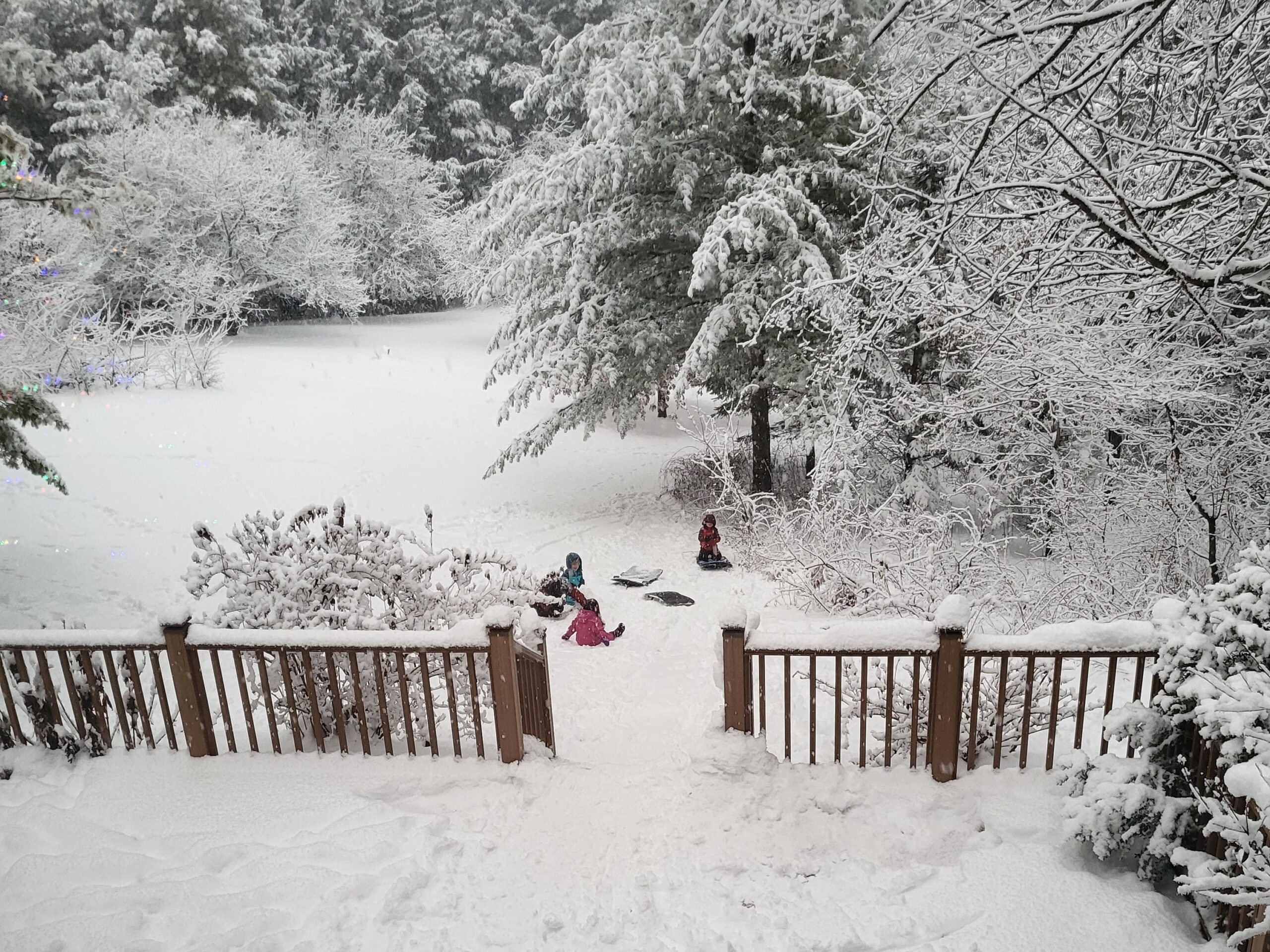
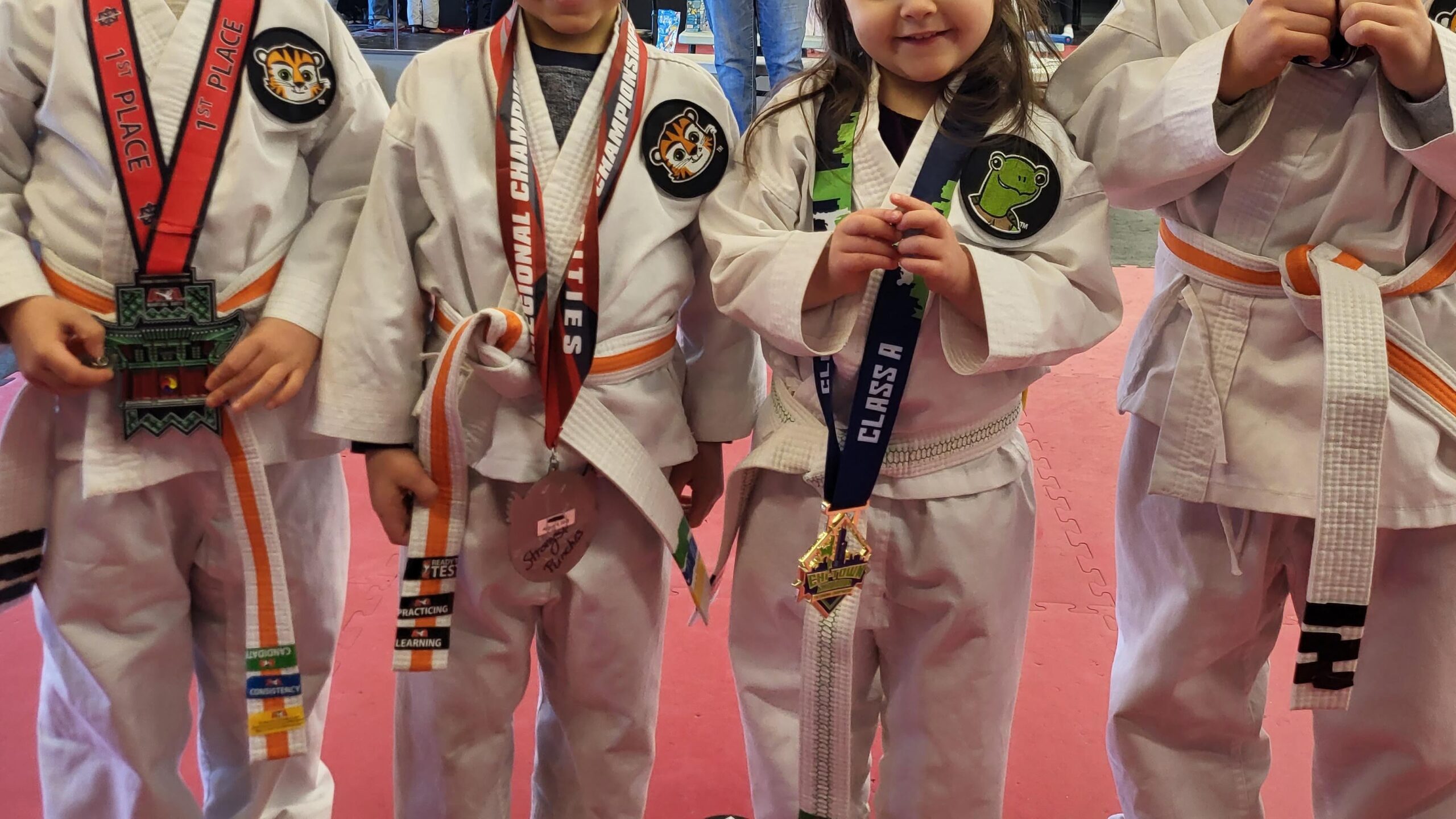
The Benniers said it wasn’t until a judge officially validated the adoption that they could relax.
“I held my breath for three years, and I wasn’t able to let it out until they were adopted,” Kara said. “I only stressed and worried that much because I do love them so much. And I did love them so much.”
Last year, Gov. Tony Evers gave “Outstanding Foster and Adoptive Family Awards” to 10 Wisconsin families, including the Benniers.
“The Benniers did something that can be really hard,” Pertl said. “They ultimately brought four kids under the age of 4 into their home so that those siblings could stay together as a family. They sustained a meaningful and really powerful relationship with those kids’ birth mom, even as she went on to have other children.”
Pertl said the Benniers continue to open their home for temporary foster placements.
“I don’t know when we’ll retire,” Kara said. “But it is still very much on our hearts to continue fostering.”
“We just bought a house with more bathrooms and more bedrooms,” Joseph said. “I don’t think it’s gonna be anytime soon.”
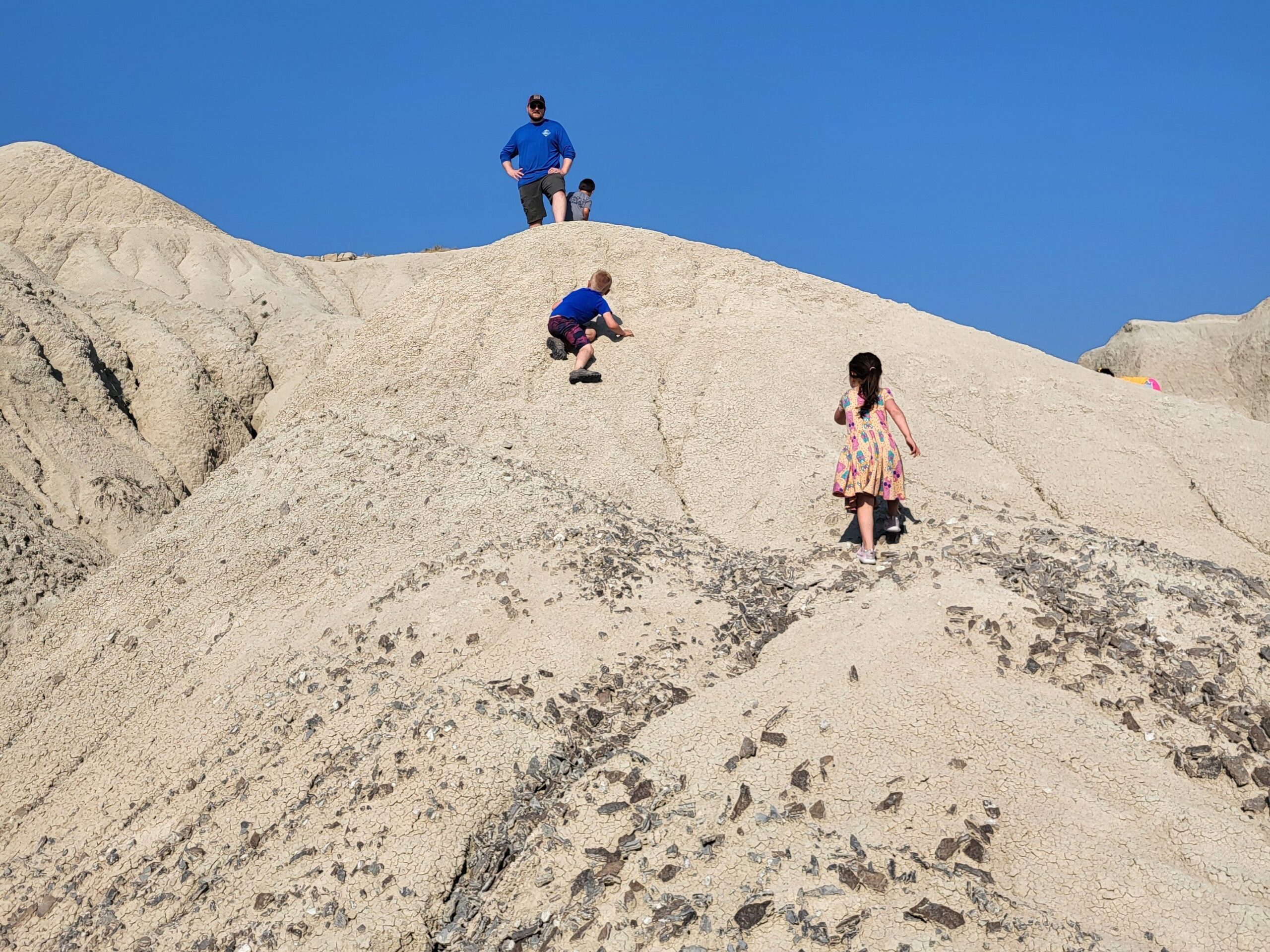
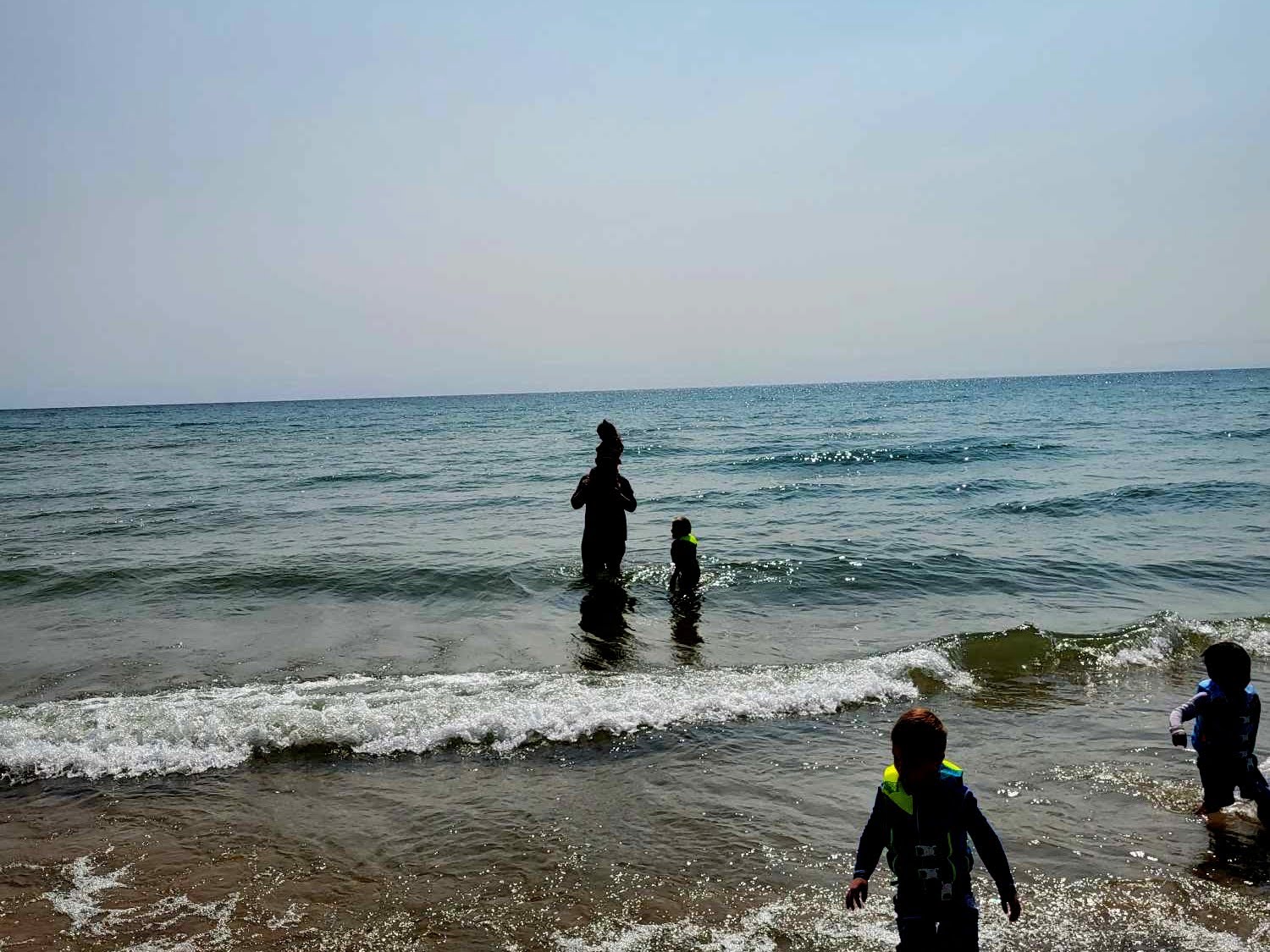
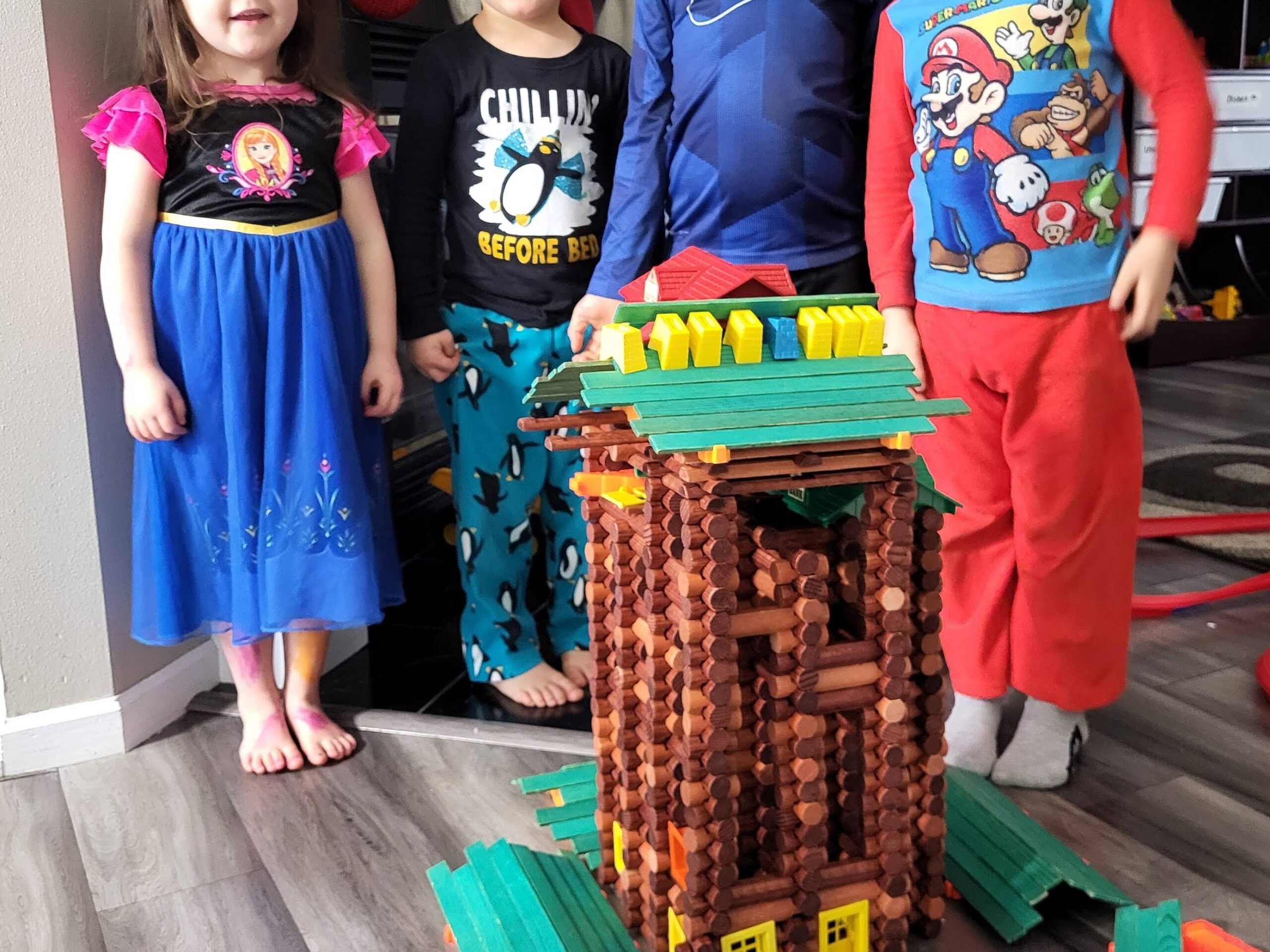
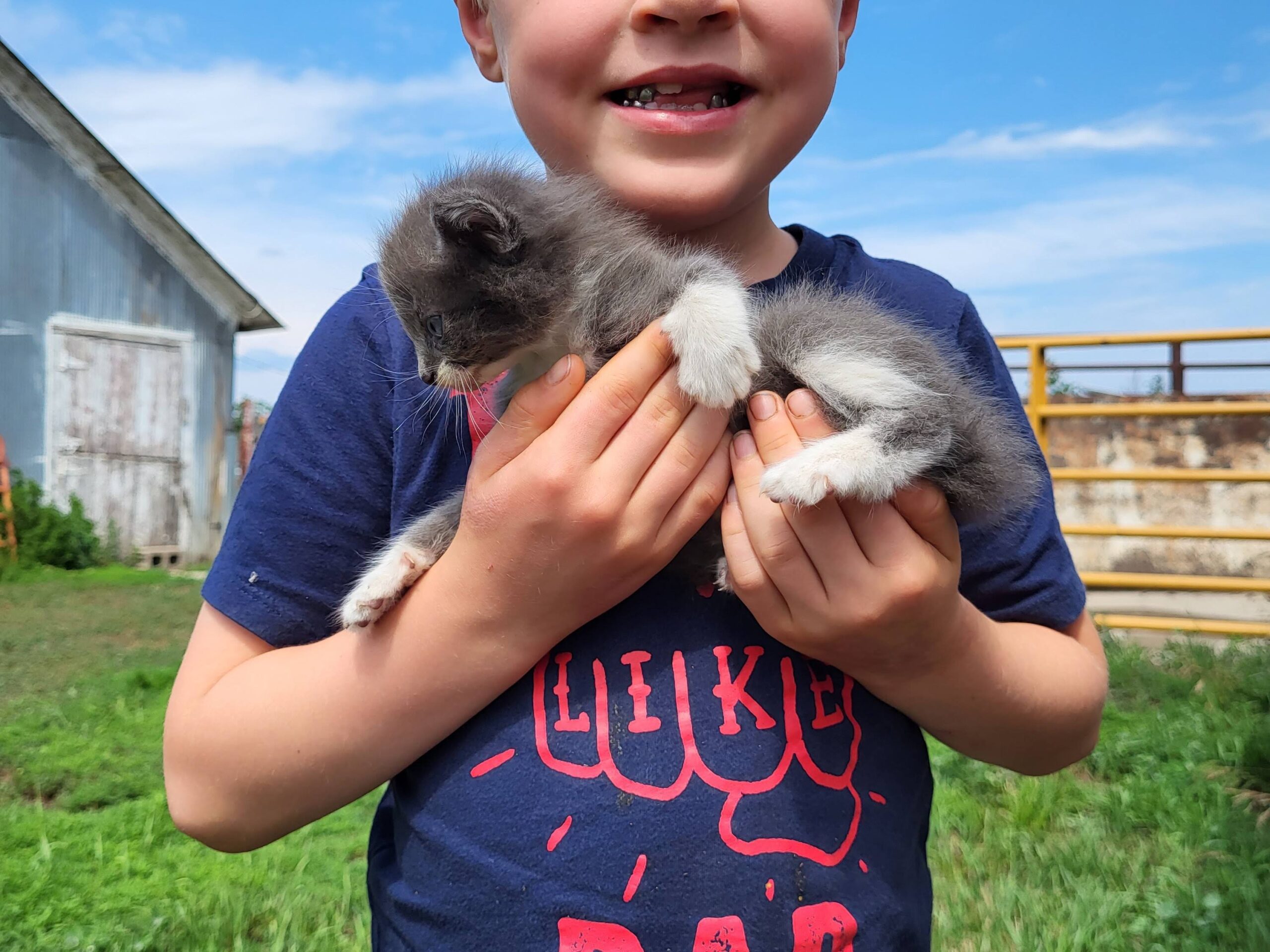
Wisconsin Public Radio, © Copyright 2025, Board of Regents of the University of Wisconsin System and Wisconsin Educational Communications Board.
